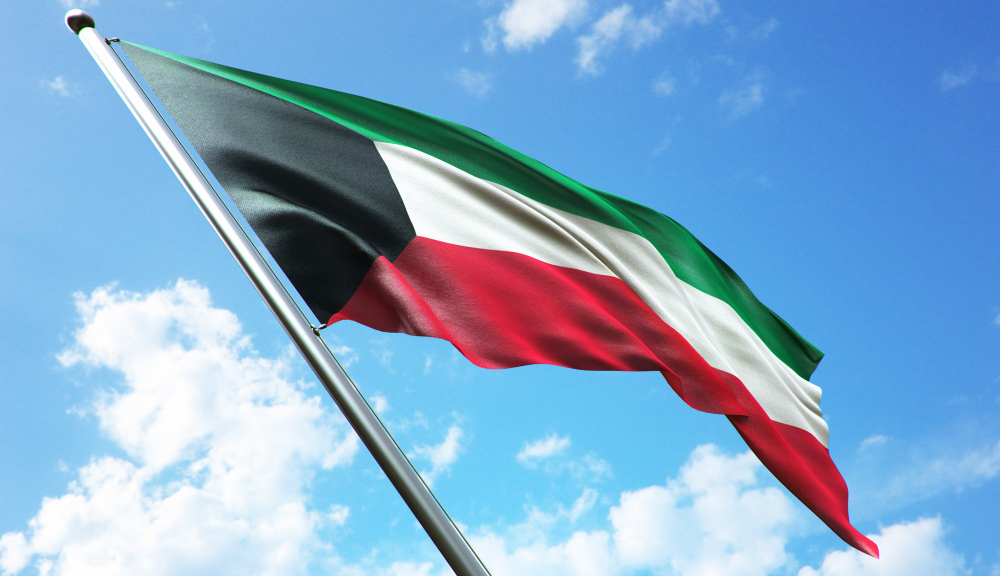
Kuwait is steadily gaining attention as an emerging medical tourism destination in the Middle East. While smaller than some of its regional counterparts, Kuwait leverages its wealth, modern infrastructure, and growing investment in healthcare to offer a highly personalized and well-regulated medical tourism experience. With a healthcare system that blends modern Western practices with regional cultural sensibilities, Kuwait appeals to patients seeking quality medical care in a culturally familiar and comfortable setting.
Strategically located in the Gulf region, Kuwait is accessible from Europe, Asia, and Africa, and is a short flight away from many Middle Eastern nations. It caters primarily to medical travelers from the GCC, Levant, and North Africa, although international interest is rising due to the country’s rapidly advancing medical technologies and specialist services. The government has invested significantly in health infrastructure, with numerous hospitals and specialized centers built or upgraded in recent years.
Kuwait excels in several key medical specialties. Cardiology and cardiovascular surgery, oncology, nephrology (including kidney transplant and dialysis), and bariatric surgery are among the most sought-after services. The country also offers advanced fertility treatments, orthopedics (including joint replacement), and cosmetic surgery, all performed by highly trained physicians, many of whom hold qualifications from the U.S., U.K., or Europe.
Dental tourism is also on the rise, with many patients traveling for implants, veneers, and full-mouth restorations. Kuwait’s growing expertise in robotic-assisted surgery, minimally invasive procedures, and precision diagnostics further enhances its reputation as a modern medical destination.
What differentiates Kuwait is its commitment to quality over quantity. Medical travelers can expect a boutique-style, patient-first approach, often with customized care plans, direct access to consultants, and minimal waiting times. High-end private hospitals in Kuwait are outfitted with cutting-edge equipment and provide a premium experience, from check-in to discharge.
Kuwait is served by Kuwait International Airport, which has improved facilities for international travelers and medical tourists. Many hospitals offer airport pickup, pre-arrival medical concierge services, and assistance with travel documentation. Citizens from many countries, especially GCC and select Asian or African nations, enjoy visa-free or e-visa access, simplifying the process.
English is widely spoken in medical settings, and hospitals typically employ multilingual staff to ease communication. Patients with religious, cultural, or dietary needs will feel comfortable, as healthcare facilities in Kuwait are highly attentive to Islamic values, including gender-sensitive care, halal food options, and prayer accommodations.
In addition to excellent medical care, Kuwait provides a serene and secure environment for recovery. While not marketed as a tourist hotspot, Kuwait offers coastal escapes, luxury accommodations, and cultural experiences such as museums, souks, and regional cuisine, making it suitable for a quiet, wellness-focused stay.
Kuwait’s Ministry of Health regulates both public and private medical institutions with strict licensing and quality control standards. Several hospitals are accredited by international bodies or are in the process of achieving such recognition. Patient safety, hygiene protocols, and confidentiality are prioritized, particularly in the private healthcare sector.
Medical malpractice laws are in place, and there are channels for patients to file complaints or seek redress in the unlikely event of complications. Many hospitals now offer telemedicine for follow-up consultations, as well as partnerships with recovery clinics and wellness centers for extended care.
The focus on patient rights and ethical medical practices makes Kuwait a trusted destination for those seeking care in a culturally familiar setting, particularly among Muslim travelers.
Kuwait offers a unique blend of world-class healthcare, personalized service, and culturally aligned patient care. Its medical tourism appeal lies in premium quality, privacy, and modern technology—without the overwhelm of mass tourism. For patients from the Middle East and beyond looking for trustworthy, high-standard treatment in a comfortable and safe environment, Kuwait is increasingly becoming a destination of choice.
1. Why choose Kuwait for medical tourism?
Kuwait offers advanced healthcare, personalized service, and cultural familiarity.
2. What procedures are popular in Kuwait?
Cardiac care, bariatric surgery, fertility treatments, oncology, and cosmetic surgery.
3. Are Kuwait's doctors internationally qualified?
Yes, many doctors are trained in the U.S., U.K., or Europe.
4. Is English spoken in hospitals?
Yes, English is widely spoken by medical staff.
5. Are hospitals in Kuwait accredited?
Several hospitals meet international accreditation standards.
6. What is the main entry airport?
Kuwait International Airport serves most international patients.
7. Is it easy to get a visa for treatment?
Yes, many nationalities qualify for e-visa or visa-free access.
8. What is the local currency?
The currency is Kuwaiti Dinar (KWD).
9. Is Kuwait suitable for Muslim patients?
Yes, hospitals provide halal food, prayer rooms, and gender-sensitive care.
10. Can I get follow-up care after leaving Kuwait?
Yes, many hospitals offer telemedicine and remote consultations.
11. Is medical care in Kuwait affordable?
Prices are competitive compared to Western countries, with premium service.
12. Can I combine recovery with leisure?
Yes, Kuwait offers peaceful recovery settings and cultural experiences.
13. What safety measures are in place?
The Ministry of Health enforces strict regulations and hygiene standards.
14. Do hospitals help with travel arrangements?
Yes, many provide airport transfers and concierge services.
15. What is Kuwait's time zone?
Arabian Standard Time (UTC+3).